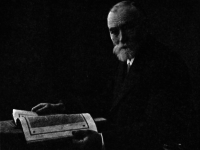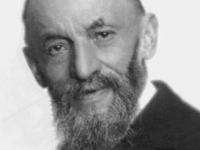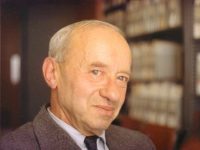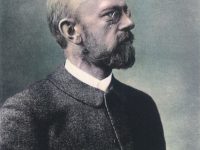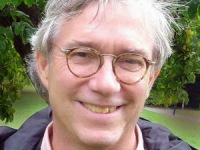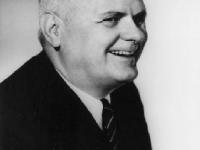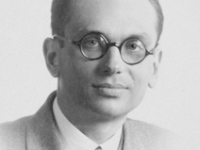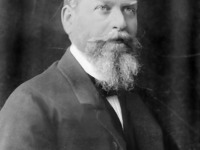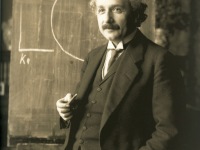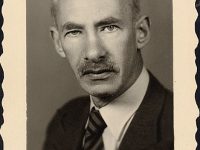Gottlob Frege and the Formula Language of Pure Thinking
On November 8, 1848, German mathematician, logician and philosopher Gottlob Frege was born. He is considered as one of the fathers of modern mathematical logic and has developed the Begriffsschrift, an approach to put classical philosophical logic into a formal mathematical language. While he was mainly ignored by the intellectual world when he published his writings, Giuseppe Peano [7] and Bertrand Russell [8] introduced his work to later generations of logicians and philosophers. Unless…
Read more

